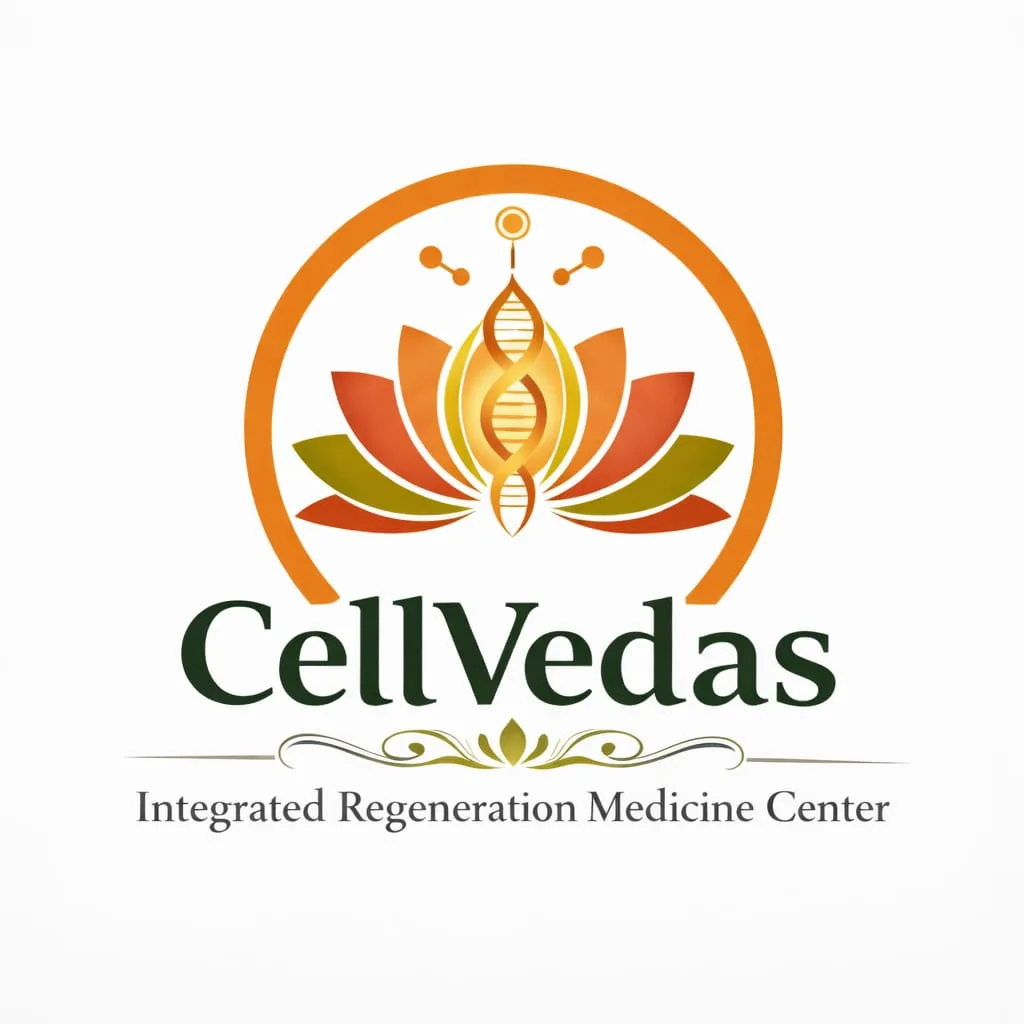
Introduction
Hepatitis B and D are viral infections that pose a significant risk to liver health, often progressing to chronic conditions with severe complications. Current therapies aim to suppress the virus but don’t fully address the resulting liver damage. Stem cell therapy introduces a transformative approach, focusing on regenerating liver tissues and restoring organ functionality.
Features
- Hepatocyte Differentiation: Stem cells transform into liver-like cells to rebuild damaged tissues.
- Inflammation Control: Suppresses liver inflammation caused by chronic HBV and HDV infections.
- Immune Regulation: Balances immune responses to prevent further liver damage.
- Scarring Reversal: Reduces fibrosis and improves overall liver elasticity and function.
Benefits
- Comprehensive Liver Repair: Treats both the symptoms and underlying damage of hepatitis.
- Long-Term Relief: Offers sustained improvements compared to short-term antiviral effects.
- Non-Invasive Treatment: Stem cell injections are safe and minimally invasive.
- Improved Prognosis: Enhances survival rates by reducing liver-related complications.
Solutions
- Advanced Liver Disease Management: Provides hope for patients with cirrhosis caused by HBV or HDV.
- Chronic Inflammation Reduction: Prevents liver failure by mitigating immune overactivity.
- Antiviral Therapy Support: Complements existing treatments for holistic care.
- Prevention of Liver Cancer: Addresses precancerous conditions by repairing cellular damage.

